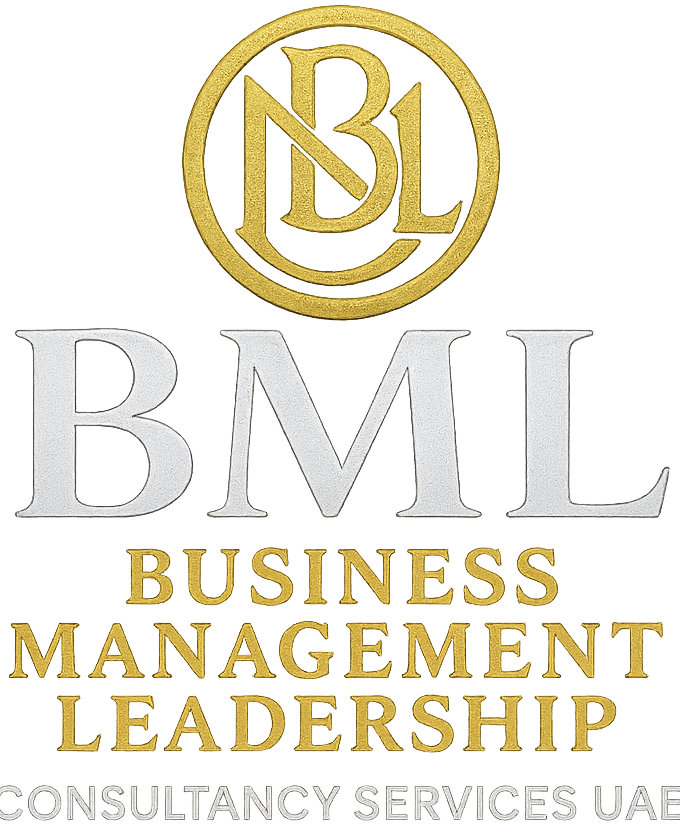The UAE has long been known for its flexible business environment, attracting international companies with speed and ease of incorporation. However, as the country deepens its integration into the global economy, the expectations regarding corporate governance and compliance are evolving. For francophone companies expanding into Dubai or Abu Dhabi, the challenge is no longer just setting up quickly, but demonstrating governance structures that inspire trust among regulators, banks, and investors.
- The evolution of compliance in the UAE
– Transition from light-touch regulation to globally aligned frameworks (OECD BEPS, FATF, AML/CFT).
– Establishment of dedicated regulators such as VARA (Virtual Assets), DFSA (Dubai Financial Services Authority), and FSRA (Abu Dhabi Global Market).
– Increased enforcement by banks, demanding audited accounts, KYC, and substance requirements.
👉 Compliance is no longer optional: it is the gateway to credibility and access to financial infrastructure.
- What investors and partners expect
– Transparent ownership structures: avoiding nominee risks and opaque arrangements.
– Board governance and decision-making protocols aligned with international best practices.
– Clear compliance culture: internal policies on AML, ethics, conflicts of interest.
– Regular reporting and accountability: monthly or quarterly reports that align with international standards.
👉 Governance is not just an administrative requirement; it is a business asset that increases credibility with banks, clients, and regulators.
- Common pitfalls for international companies
– Relying solely on incorporation agents without ongoing governance support.
– Underestimating the importance of compliance in banking: many companies see their accounts frozen due to weak KYC documentation.
– Treating compliance as a one-off exercise rather than a continuous framework.
– Failure to align UAE practices with home-country reporting obligations (France, Belgium, Switzerland, etc.).
- Strategic opportunities through strong governance
– Differentiation: companies with robust governance frameworks stand out in tenders and strategic partnerships.
– Access to capital: investors increasingly prioritize ESG, compliance, and transparency.
– Risk reduction: stronger governance minimizes exposure to fraud, disputes, and regulatory sanctions.
– Long-term value creation: embedding compliance ensures sustainable growth across jurisdictions.
- The role of a strategic advisory firm
Governance and compliance in the UAE require more than legal incorporation. Companies need:
– Tailored governance frameworks that align with international standards.
– Compliance roadmaps covering AML, VAT, Corporate Tax, and regulatory filings.
– Ongoing monitoring and reporting support.
– Advisory that bridges francophone corporate culture with UAE regulatory expectations.
👉 This is where a francophone strategic advisory partner brings value: helping companies transform compliance into a source of trust and competitive advantage.
The UAE’s business environment is evolving: flexibility remains, but it is now balanced with international standards of governance and compliance. Francophone companies that embrace these standards not only reduce risks but also gain credibility, attract better partners, and secure their long-term growth in the region.
👉 Governance is no longer a cost – it is a strategic investment.

